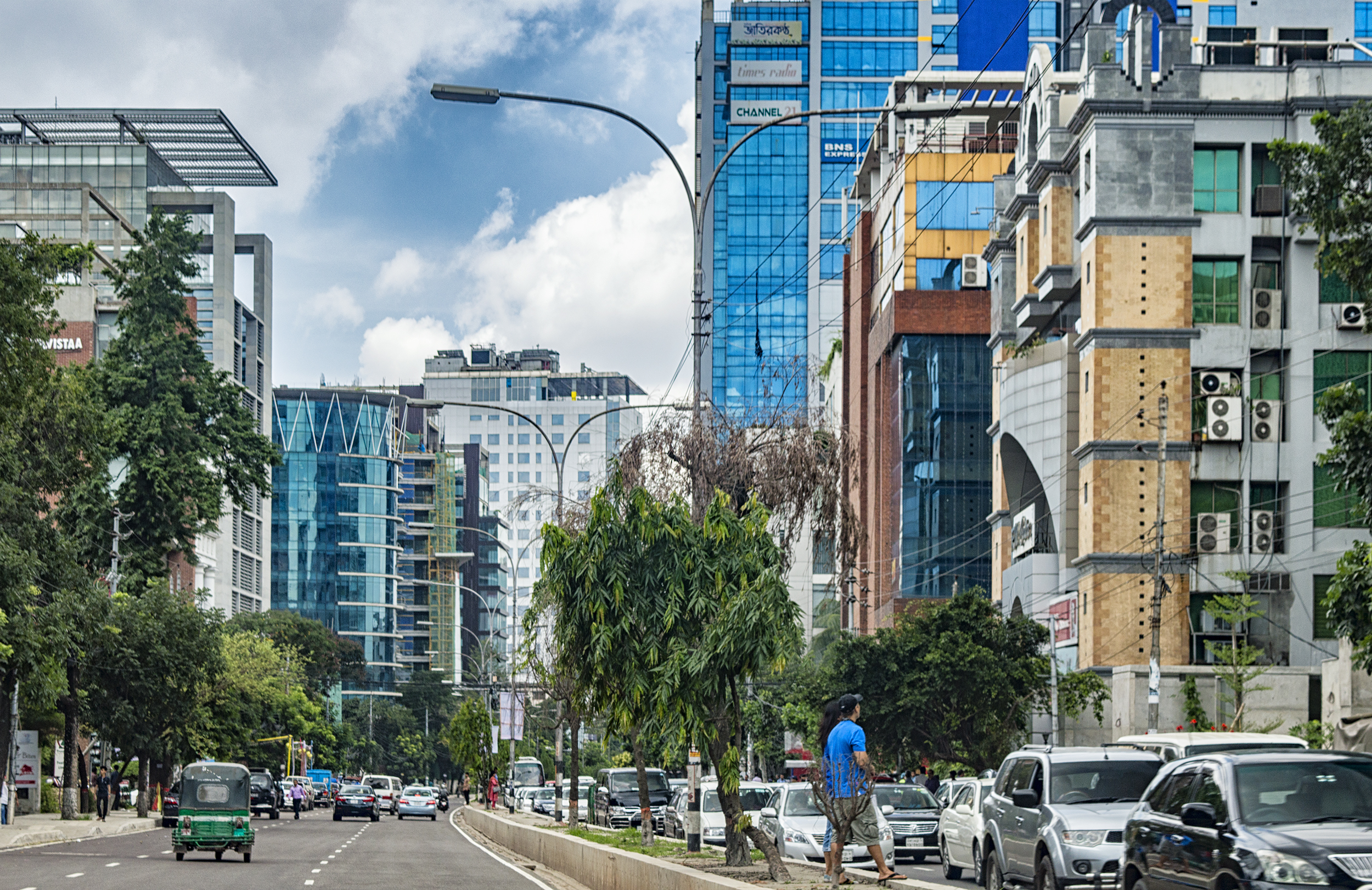Over the last week, Bangladesh’s capital Dhaka was brought to a standstill by major protests. The protests escalated on 4 August,
with groups linked to the ruling Awami League and the police attacking protesters.
Reports indicate the members of the Bangladesh Chhatra League (BCL), a student organisation linked to the ruling Awami League
party, and Awami Juba League, the Awami League’s youth wing, took part in counter-protests and attacked the student
demonstrators. Four students were killed, and 115 injured in attacks.
US officials report that armed men attacked a convoy carrying the US Ambassador to Bangladesh in the Mohammadpur district
of Dhaka. The US embassy stated that the vehicle was attacked by a 'group of armed men', indicating that the attack was unlikely
to be instigated by the student protesters.
Despite a police crackdown, student protests continued. AKE’s sources indicate at least a temporary calm on 7 August.
The security situation in Dhaka remains tense. Areas that are most likely to be affected by continued clashes include Dhanmondi
and Bashundhara Residential Area. Areas around universities may also be targeted. Police continue to use excessive force. The
government crackdown also highlights the risk to journalists in Bangladesh.
The Awami League’s response to the protest highlights its increased authoritarianism. It is plausible that the Awami League
government will use the disruption and violence of the last week to justify a further crack down on the opposition.
Despite continued concerns over political stability, Bangladesh’s economy is forecast to remain relatively strong. Previous bouts
of instability did not threaten growth.



